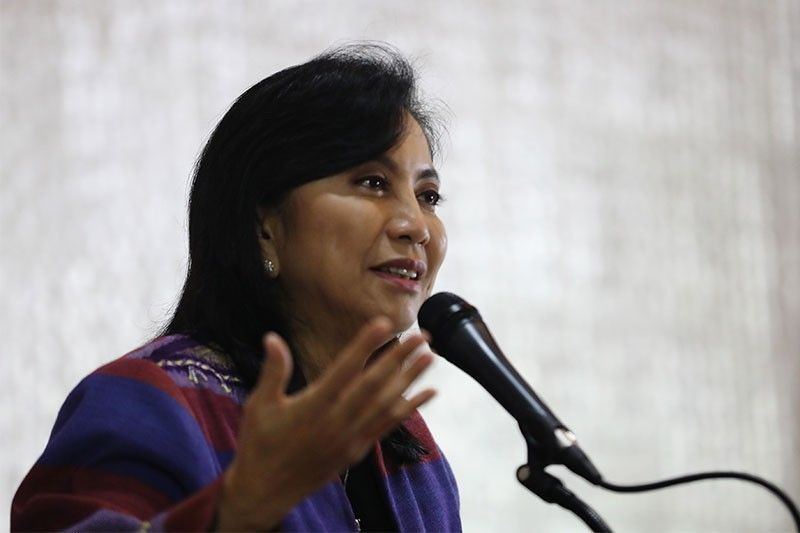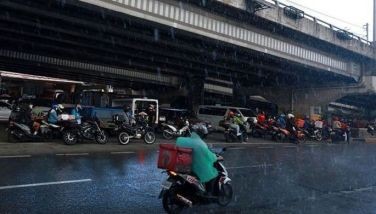Robredo questions 'uncertain' gov't messaging vs COVID-19 pandemic

MANILA, Philippines — Ahead of President Rodrigo Duterte's final State of the Nation Address, Vice President Leni Robredo urged the chief executive to address what she said was the doubt caused by the uncertainty in how the administration communicated its pandemic response.
Speaking in an interview aired over ANC's "After the Fact," the vice president pointed to the readjustment of the national government's target from herd immunity to population protection as one example.
To recall, the government now favors "population protection" as a target since herd immunity, which would require vaccinating at least 70% of an area's population, "has a lot of attached criteria," the health department said in May.
"When we talk of targets, let's say with vaccination, the first target was herd immunity by the end of 2021. And then we kept on adjusting our targets," she said.
"It doesn’t contribute to appeasing the anxieties of people if they do not really know. So for me, firstly, one of the weaker links that we have had in the past year and a half was the delivery of the message and the message itself. It has been very apparent that a lot of government agencies have been working in silos," she said.
READ: MMDA sees 'population protection' in Metro Manila by September
Robredo said that beyond just being uncertain, she added that the responses of government agencies have also been largely fragmented, which only caused more public confusion.
She added that a lot of targets and promises went unfulfilled before they were ultimately scrapped altogether, pointing to Duterte's promises of controlled transmission for a "better Christmas" by December 2020.
Earlier in June, the Palace once again expressed hope for a "maskless Christmas" this year. Health Secretary Francisco Duque III later said achieving this was doubtful.
"It’s not that they are not working. We know there has been a lot of effort poured into the government response initiatives. But there are government agencies who say one thing, then the others say another. It's like it contributes to the state of helplessness."
"There have been reports of government accomplishments. We were able to open more than 200 laboratories already, more than a thousand isolation facilities. But the fact remains that cases really aren't going down...I think it doesn't help that government conveys these messages that in a way adds to the anxiety already of the public."
READ: Confusion stirs amid conflicting statements on 'house-to-house' search for COVID-19 patients | Permit or not? Mixed messages as gov't unsure how to address community pantries
Asked for her honest assessment of the government's pandemic response, Robredo praised the "creative" efforts of local government units, but said she held issue with the "coherence and interoperability" of the overall response.
"Since last year, we have been in the middle of the pandemic. And for me, it's the people who want to be heard, because [the pandemic] top of mind. It’s the anxiety that’s been eating all of us up," she said.
To date, 1.52 million coronavirus cases have been recorded in the Philippines, 47,996 of whom are still classified as active cases.
As it currently stands, only 9.7% of Filipinos across the country have received at least one dose of the predominantly two-dose coronavirus vaccines.
Per Our World in Data, the Philippines is among the worst countries in the world when it comes to vaccination per 100 population, though the coronavirus task force often presents total jabs administered in arguing that the national vaccination program is a success.
— Franco Luna
- Latest
- Trending
































